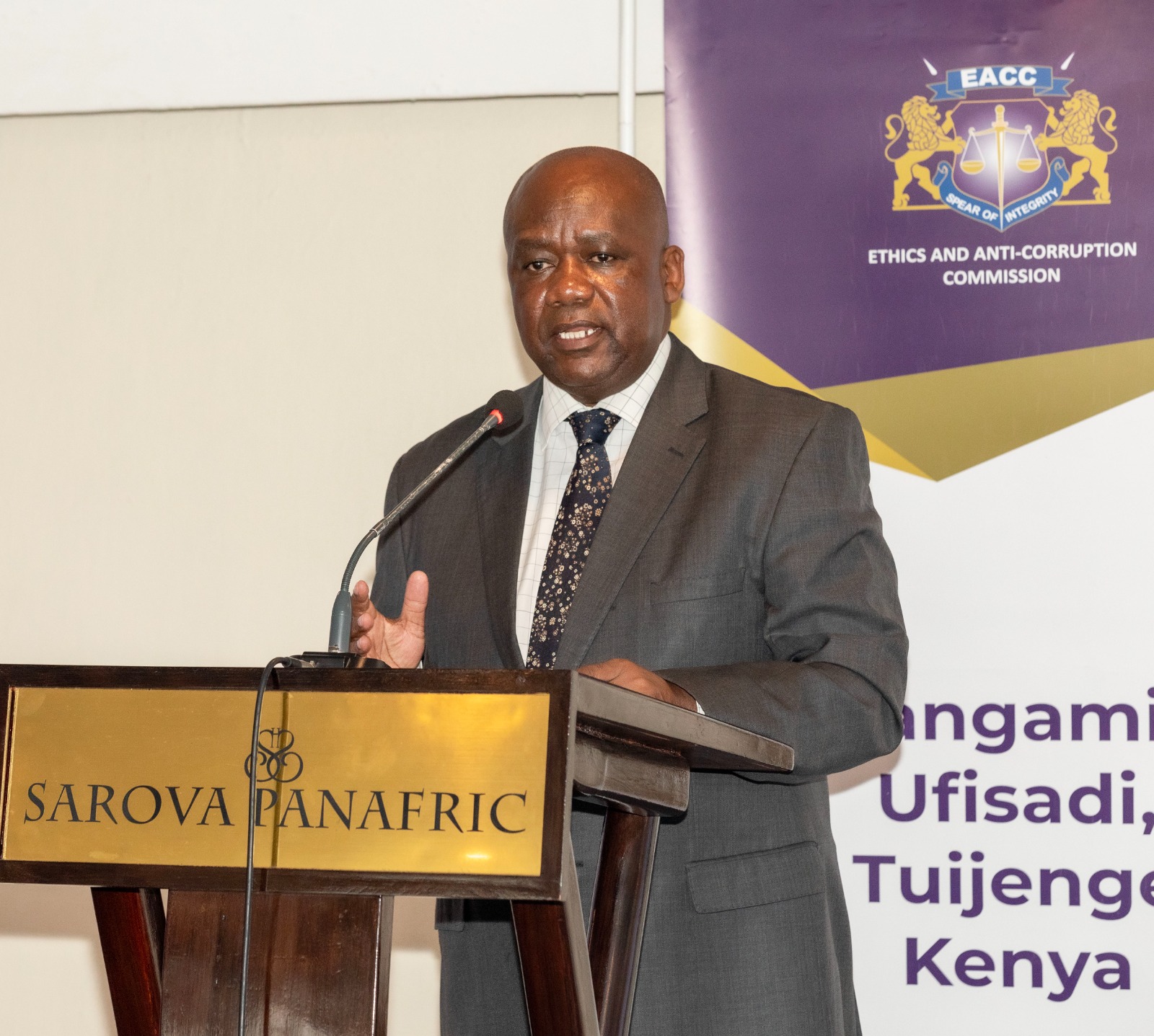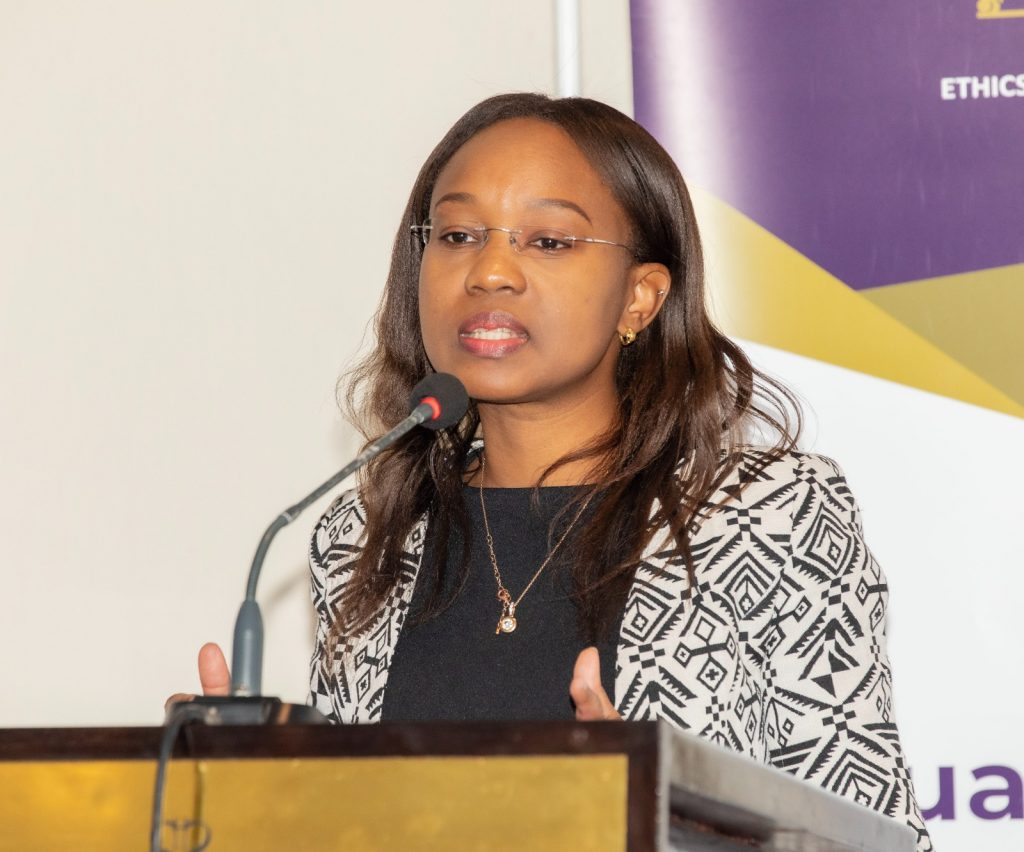EACC rallies stakeholders in validating CRA guidelines

07:11:2024: EACC in partnership with the UN Global Compact Network has held a stakeholder’s validation workshop on the guidelines for Corruption Risk Assessment (CRA) and mitigation for public and private entities.
CRA is the process of detecting, examining and identifying and profiling corruption risks, loopholes and opportunities and putting in place mitigating measures.
The guidelines, which will soon be published and launched for use by both public and private entities, provide a structured approach to identifying and addressing systemic weaknesses that may perpetuate corruption and unethical practices.
Over 95 organizations were represented during the event including State Departments, the Judicial Service Commission, Auditor General, Commission on Administrative Justice, Public Service Commission, the Senate, the Council of Governors, Controller of Budget, County Assemblies Forum, the Commission on Revenue Allocation, and Director of Public Prosecution among others.
EACC’s Chief Executive Officer, Mr Twalib Mbarak said the Commisiion seeks to empower public and private entities to conduct their own corruption risks assessments and be responsible for the review of their methods of work. He noted, in remarks made on his behalf today at the workshop at a Nairobi Hotel by the Commission’s director of Preventive Services, Mr Vincent Okong’o (pictured above), that sustainable anti-bribery and anti-corruption initiatives will only succeed when leaderships are fully committed to institutionalize anti-corruption and ethical practices within their institutions.

Ms Judy Njino, the Executive Director, UN Global Compact Network Kenya said the initiative aligns closely with the Tenth Principle of the UN Global Compact which calls on businesses to work against corruption in all forms including extortion and bribery.
“By adopting these guidelines, we will not only reinforce our dedication to ethical business practices but also strengthen Kenya’s reputation as a transparent market, enhancing our appeal to both domestic and international investors,” she said.

A collective commitment between the public and private sector is required in order to achieve the anti-corruption objectives. Due to its scale and complexity, no single country, Government, company or sector can achieve its anti-corruption goals by itself. An effective fight against corruption requires a multilateral and multi-stakeholders approach and therefore every stakeholder should be part of the solution.

